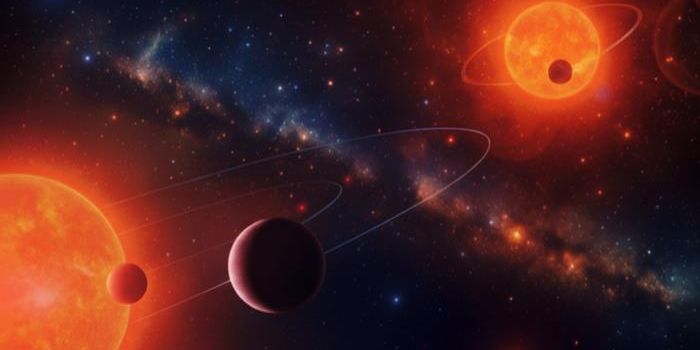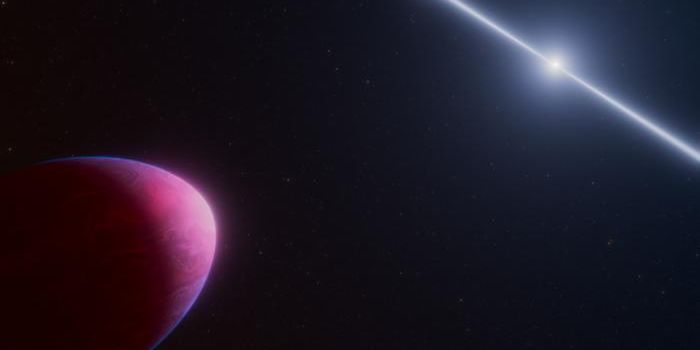How NASA's Dragonfly Mission Will Teach Us More About Titan
If you haven’t already heard, NASA is planning to launch a new mission dubbed Project Dragonfly, which will study Saturn’s moon Titan to learn more about the distant world’s chemical and physical characteristics. Perhaps more intriguingly, Dragonfly will become the first space-rated drone-like spacecraft ever sent to another world.
NASA’s sustained interest with Titan begins with the world’s eerie similarity to early Earth. During the Cassini mission, a hitchhiking lander called Huygens landed on Titan to capture measurements and footage. Among its findings, Titan’s robust atmosphere is one of its most distinguished qualities, with a rich Earth-like landscape carved out of methane-based surface oceans being another.
Like any other mission to another world, NASA’s Dragonfly drone will be outfitted with powerful science instruments. One of such is a pneumatic drill with onboard sensors that can detect the chemical composition of anything it drills into. Another instrument, dubbed a seismometer, will attempt to reveal clues about Titan’s internal planetary processes by detecting quakes and looking for evidence for a sub-surface ocean.
One challenge of this mission is the fact that Titan has a dense atmosphere and resides so far away from the Sun. This makes solar panels impractical, and so mission scientists will instead turn to a radioactive energy source, taking advantage of something called the Seebeck effect to convert heat from the radioactive decay of a radioactive element into electricity.
When Dragonfly arrives at Titan, it will be fully-autonomous. By day, it will explore Titan’s surface, and by night, it will charge its batteries. Bringing this conceptual mission to reality will be challenging, but planetary scientists are hopeful that it will benefit science in incredible new ways as we learn more about an incredible world at the edge of our reach.








